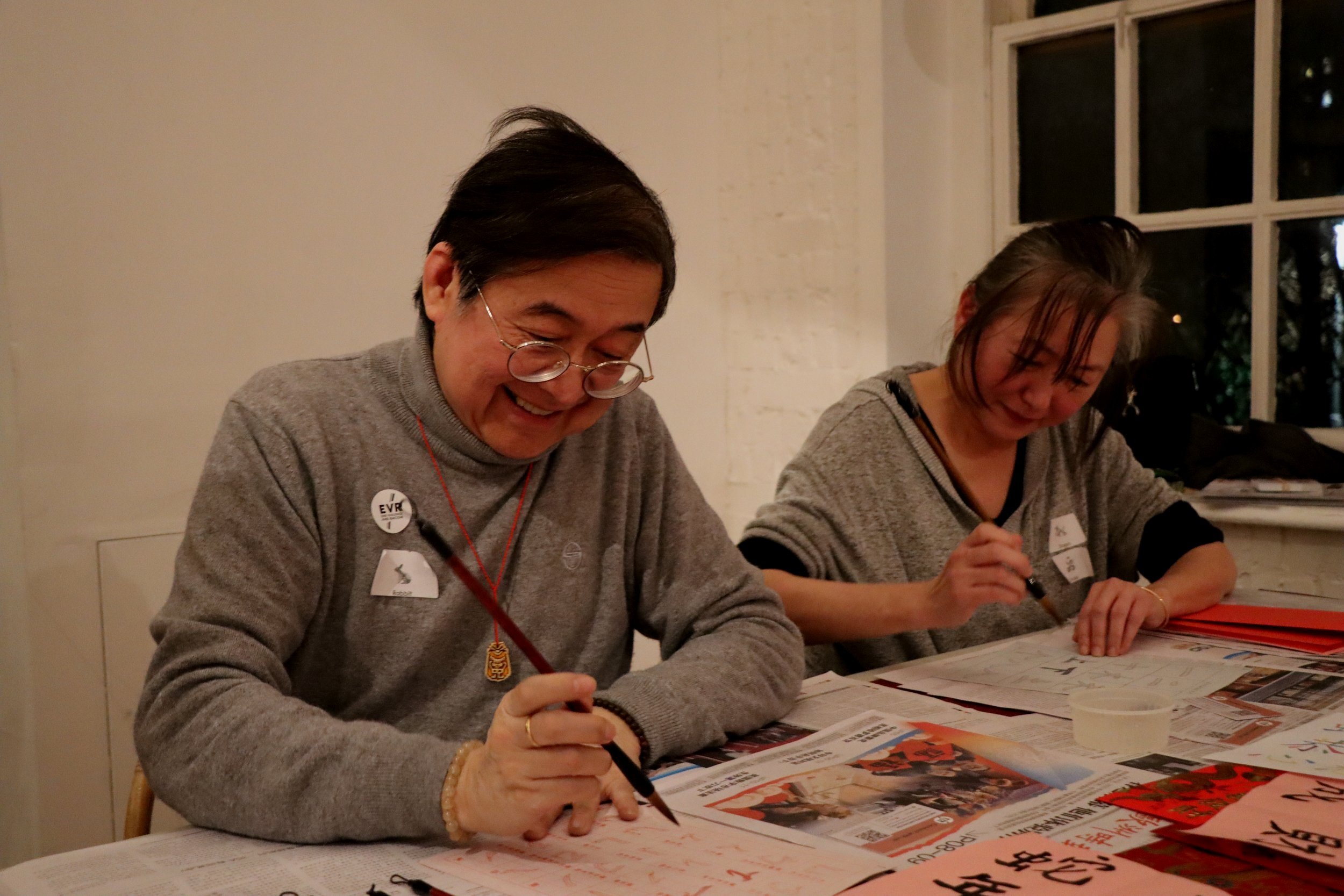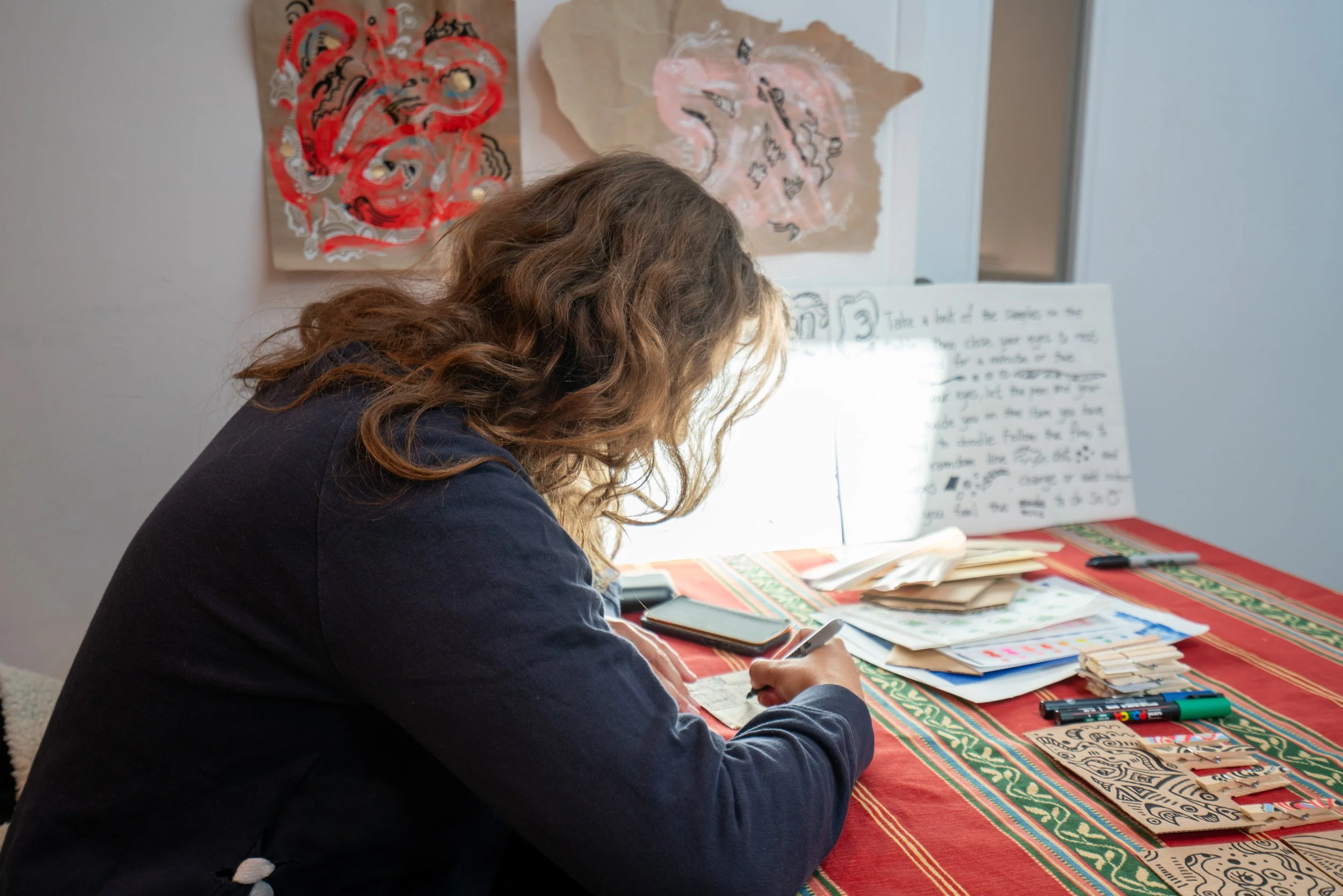
EVR’s Mental Health Programme
EVR’s Mental Health Programme (Phase 2) has been funded by The National Lottery Community Fund. The programme aims to expand mental health support to members of ESEA communities through a wide range of services. These services include group support, 1:1 counselling sessions for support workers and nurses, cultural competence training to various service providers in England, and a befriending project for newly arrived ESEA students in the UK. Please note, these services are not set up for crisis.
Group Support
We offer free-to-access online spaces where members of the ESEA communities can talk, socialise and seek support. Our spaces are judgement-free and supportive.
Other members of the group often help you come up with specific ideas for improving a difficult situation or life challenge, and hold you accountable along the way.
Group support sessions are facilitated by trained, culturally competent and accredited therapists from ESEA heritages. The sessions are confidential and free.
Individual Counselling for Support Workers and Nurses
Supporting and caring for others can be both rewarding and demanding. Individual counselling for support workers and nurses offers a confidential space to explore the complexities of their roles, navigate personal challenges, and enhance self-care practices.
If you are a nurse or a support worker for ESEA communities, through tailored sessions, you will be able to address burnout, develop coping strategies, and cultivate resilience, ensuring you can continue to provide compassionate care while prioritising your own well-being.
With guidance from trained professionals, you can gain valuable insights, and foster a healthier work-life balance, ultimately empowering yourself to thrive in your vital roles of supporting others.
Befriending Project
We support incoming international students from East and Southeast Asian countries by providing them with a community through the befriending project. This supports their well-being in a new country and makes them feel less isolated and lonely. It also gives befrienders a meaningful opportunity to volunteer, make a new friend and learn about a new culture.
If you want to partake in this rich cultural exchange, either as a UK-based volunteer, or an ESEA international student, sign-up using the buttons below.
We conduct training with all our befriender volunteers.
Cultural Competence training for individuals, organisations, service providers, educators
In 2023 we partnered with The Anti-Discrimination Focus (#TADF) to provide cultural competence training to 170+ psychotherapists, counselors, nurses and support workers from the NHS who support people with ESEA heritage. We can work with any service providers, schools, universities, charities interacting with an ESEA audience to design and deliver bespoke trainings for their specific teams.
Training sessions are facilitated by TADF professionals who have spent years working in the field of mental health.
Cultural competence is the ability to understand and interact effectively with people with different cultures. By equipping you with the awareness, skills, and strategies to understand a person’s cultural context(s), worldviews and differences, we will be able to work more deeply and empathically by understanding cultural contexts and personal belief systems.






